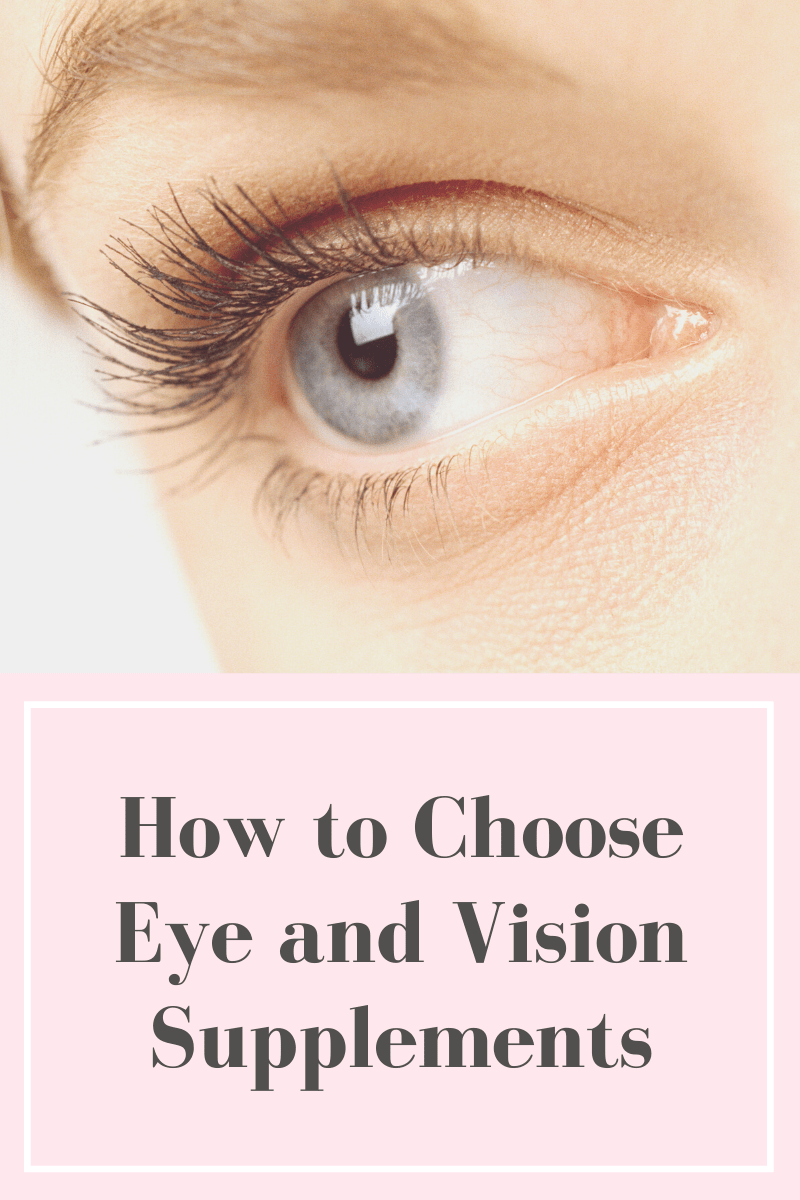Eye health is an integral component of overall well-being, especially in an age where screen time is ubiquitous. The market is replete with supplements that claim to support and enhance vision. However, discerning the right eye health supplements amidst this plethora of options can be daunting. It is essential to approach this topic with an informed mindset, considering a variety of factors, including the specific health needs, ingredient efficacy, and reliable sources of information.
The genesis of eye health supplements largely stems from the necessity to combat age-related vision issues, such as macular degeneration and cataracts. Various nutrients have been identified as pivotal in promoting ocular health, with scientific studies supporting their benefits. Below, we delve into the crucial aspects to consider when selecting eye health supplements.
The Nutritional Cornerstone of Vision
Understanding the key nutrients that support eye health is vital. Various vitamins, minerals, and antioxidants play synergistic roles in sustaining the integrity and functionality of the visual system.
Vitamin A: The Vision Vitamin
Vitamin A is arguably the most recognized vitamin associated with eye health. It is instrumental in the formation of rhodopsin, a protein in the retina that enables vision under low-light conditions. Furthermore, deficiency in Vitamin A can lead to night blindness and other severe ocular disorders.
Omega-3 Fatty Acids: Shielding the Retina
Omega-3 fatty acids, particularly DHA (docosahexaenoic acid), are integral to maintaining retinal health. Several studies suggest that these fatty acids may help mitigate the risk of age-related macular degeneration (AMD) and dry eye syndrome. Regular consumption of fish or plant-based omega-3 supplements, therefore, serves as a prudent choice for eye pressure regulation.
Lutein and Zeaxanthin: The Antioxidant Duo
Lutein and zeaxanthin are carotenoids found in high concentrations in the retina. These potent antioxidants help filter harmful blue light and neutralize oxidative stress. Clinical trials have demonstrated their effectiveness in improving visual acuity and reducing the risk of chronic eye diseases. Incorporating these nutrients into your supplement regimen can substantially enhance macular health.
The Role of Antioxidants in Eye Health
Antioxidants play a fundamental role in combating oxidative damage prevalent in eye tissues due to UV exposure and environmental pollution. Chronic oxidative stress is linked to various eye conditions like cataracts and AMD. An effective supplement will often incorporate a combination of antioxidants tailored to support ocular health.
Vitamin C: The Protective Barrier
Vitamin C, a powerful antioxidant, contributes significantly to eye health by preventing cataracts and supporting the health of blood vessels in the eye. Its role in collagen synthesis also ensures the structural integrity of the eye.
Vitamin E: The Lipid-Loving Antioxidant
Vitamin E safeguards cell membranes in the eyes from oxidative damage. A burgeoning body of research suggests that adequate intake of Vitamin E not only promotes eye health but may also reduce the progression of AMD.
Understanding the Labels: What to Look For
When navigating the myriad of eye health supplements, understanding product labels is imperative. One must scrutinize ingredient lists for bioavailability and efficacy. Below are essential components to consider:
Dosage and Concentration
It is critical to ensure that the supplement contains clinically relevant doses of the active ingredients. Research suggests recommended daily allowances that can guide your choices. Purchasing products whose ingredients are backed by scientific evidence lends credence to their effectiveness.
Formulations and Delivery Systems
Supplements come in various forms—capsules, soft gels, gummies, and powders. The absorption rates can vary significantly among these delivery systems. For instance, oil-based formulations may improve absorption of fat-soluble vitamins like A, D, E, and K, while liquid forms are often absorbed more readily than solid forms.
Transparency in Sourcing
Opt for brands that disclose sourcing, manufacturing practices, and third-party testing. Reputable manufacturers often invest in verifying their products through independent laboratories, ensuring that what is on the label aligns with what is in the bottle.
Certifications and Standards
Various certifications assure quality control and adherence to regulatory standards. Look for seals from organizations like NSF International or the United States Pharmacopeia (USP), which indicate that the products meet stringent quality criteria. This can mitigate the risk of contaminants or discrepancies in ingredient dosages.
Consultation with Healthcare Professionals
Before embarking on any supplement regimen, it is prudent to consult a healthcare professional. They may conduct a thorough evaluation of individual health circumstances, dietary habits, and existing medical conditions, providing tailored recommendations that align with personal health goals.
Common Misconceptions About Eye Health Supplements
Despite their growing popularity, several misconceptions regarding eye health supplements persist. Dissecting these myths is essential for informed decision-making.
Supplements as a Cure-All
While supplements can bolster eye health, they are not miraculous solutions. They should complement, not substitute, a balanced diet rich in fruits and vegetables. Whole foods often provide a synergistic array of nutrients that isolated supplements cannot replicate.
Over-Reliance on Supplements
Some individuals mistakenly believe that taking supplements negates the need for regular eye exams and proper UV protection. However, proactive measures such as routine eye check-ups and protective eyewear remain paramount for long-term ocular health.
Conclusion: Elevating Eye Health through Informed Choices
Selecting eye health supplements necessitates a thorough understanding of their components, the latest scientific research, and individual health considerations. It is crucial to approach this decision with an informed mindset, focusing on reputable brands that prioritize quality and efficacy. Incorporating the right eye health supplements into a holistic health routine can serve as a formidable strategy to safeguard and enhance vision.
In summary, nourishing the eyes with appropriate supplements, alongside a balanced diet and regular eye care, creates a robust defense against the visual decline that can accompany aging or lifestyle factors. As you embark on this journey to optimal eye health, armed with knowledge and professional guidance, you are better positioned to make decisions that yield lasting benefits.
